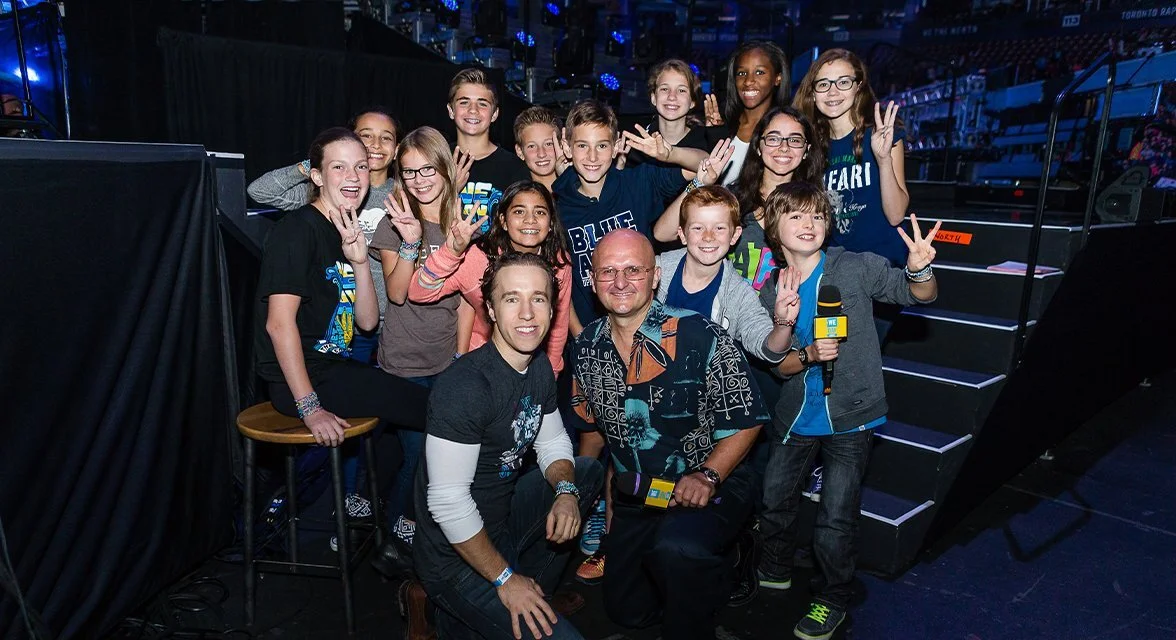By: Michelle Dagnino
As someone who has spent the last 20 years working in the non-profit sector, half of that time immersed in the area of youth engagement and leadership, the now-emerging critique of WE is not surprising. What is more surprising, is how long it has taken for there to be any sort of scrutiny on an “international development” organization started by a teenager from Thornhill, who has continued to run it for the last 25 years, despite any sort of actual work experience in international development.
The WE Charity doesn’t need to exist. It’s most significant value has been to its founders, Marc and Craig Kielburger, who have been made millionaires through their involvement (money earned through their speaking fees alone over 25 years would have made them millions) and who were original influencers in positioning charities as bastions of kinder, gentler capitalism. Being a friend and family member of the Kielburgers also comes with perks - Marc’s wife Roxanne Joyal is the CEO of Me to We, and various family members and friends have occupied both paid and unpaid positions with the organization over the years.
Has the WE Charity impacted the lives of hundreds of thousands of people as they claim? The problem with social impact measurements that are not held to any sort of public scrutiny, is that anything can count as impact. And WE is able to measure it however they see fit – their website claims that they helped 1,000,000 (!) people have improved access to healthcare and clean water. But how are they measuring that number? Direct patients helped by local physicians paid an equitable salary by WE? People accessing water through a well built by WE volunteers? Does the money of the 16 year old students who each pay upwards of $5k to visit a developing country hosted by the goodwill of locals ever go directly in the pockets of locals? Does half of it end up back in the country? A quarter? Ten percent? Any at all?
WE has survived on the celebrity status, charisma, hustle and privilege of the Kielburger brothers. Their access to the upper echelons of the federal government is astonishing. I have spent most of my professional life in the charitable sector, working internationally, in Ottawa, federally, provincially and for the last seven years locally. I have worked alongside senators, federal party leaders, MPs, MPPs, and councillors. Even with all of the experience I bring, there would be no path for me to get an unsolicited pitch for funding in the hands of cabinet ministers.
In many ways this for me is the most surprising issue of this whole scandal – that the WE charity is able to tap a cabinet minister on the shoulder to request money and have that cabinet minister respond. It is a type of access that is non-existent for almost any other charity I know (interestingly enough, other charities in the non-regulated international development sector, such as the Red Cross, World Vision, or Salvation Army would be the exception to this).
The WE Charity should fold. I am biased of course – I work with an underfunded neighborhood centre, that serves people living with low-income, dealing with multi-generational trauma caused by poverty and systemic discrimination and bias, most of whom would find $5000 a life-changing sum. The Jane and Finch neighborhood of Toronto needs the support of those who up to now may have found the WE Charity a more fun “investment”. Through WE you can meet celebrities! Get up close to royalty! “Make a difference” while also adding to your passport stamps!
None of that will happen when you get involved at the Jane/Finch Centre. However, I can promise you that your investment in your local neighborhood centre – and we exist across the city and country - will go much further. It will buy meals made by staff (who are paid a living wage, and who support their own families and contribute to the local economy through their paid non-profit employment status), who deliver these meals and know the names of the people served. It will allow a young person to go hang out in a space staffed by someone who looks like them and gets them, and has some food and homework supports waiting for them until it is safe for them to go home. It will go towards hosting a drop-in space for a person living on the street to come in, get a hot meal, shower, new clothes, and if willing, a talk with a social worker. In other words, your charitable contribution will make life better for the people who are your neighbours, your grocery store clerks, your mother’s personal support workers, the people who may drive you to work or drop off your groceries. You may not get to see a concert, but you could make someone’s day or month a lot better.

